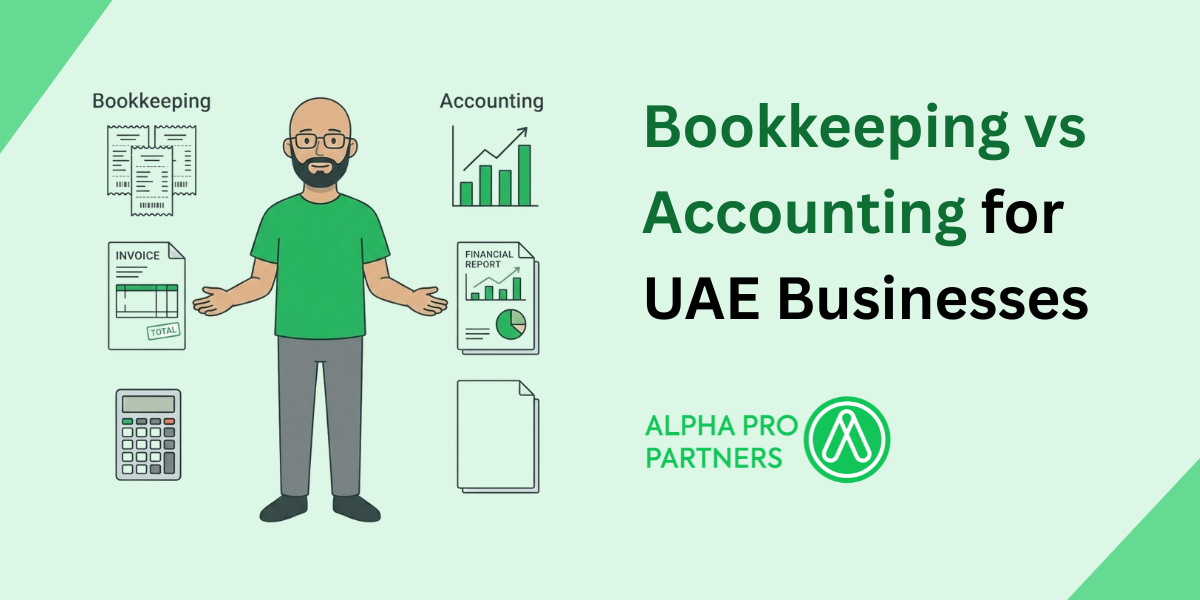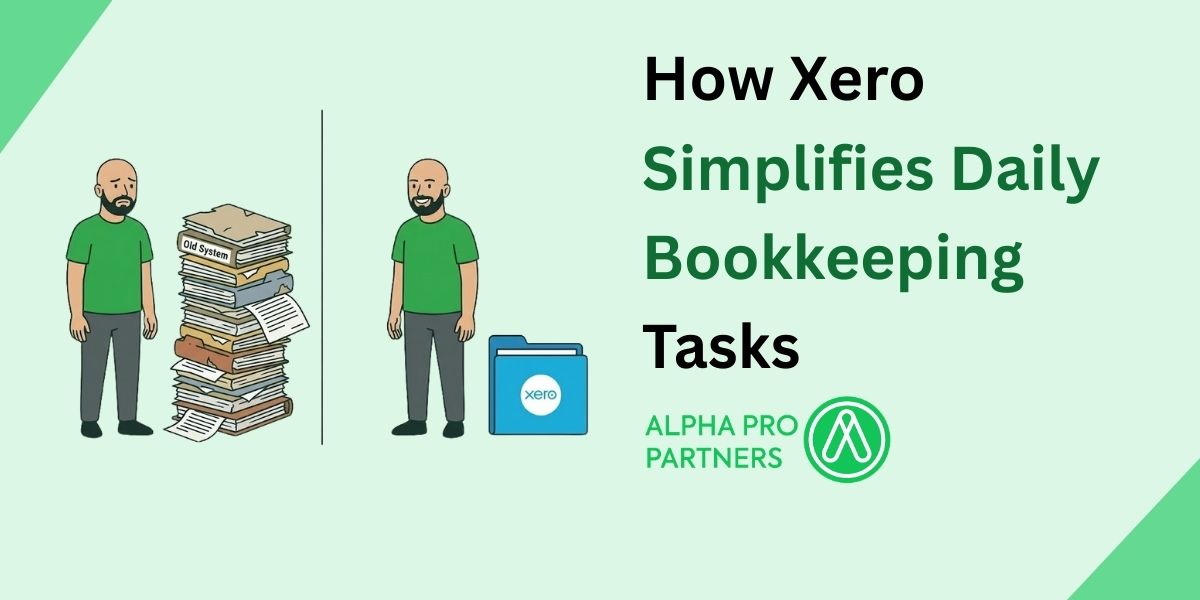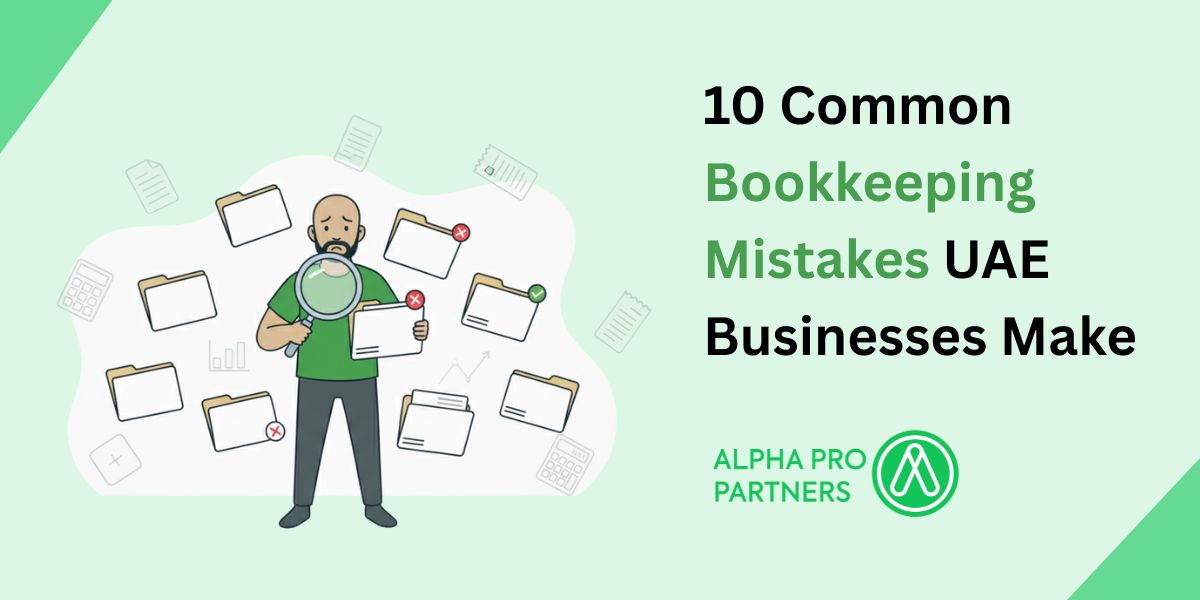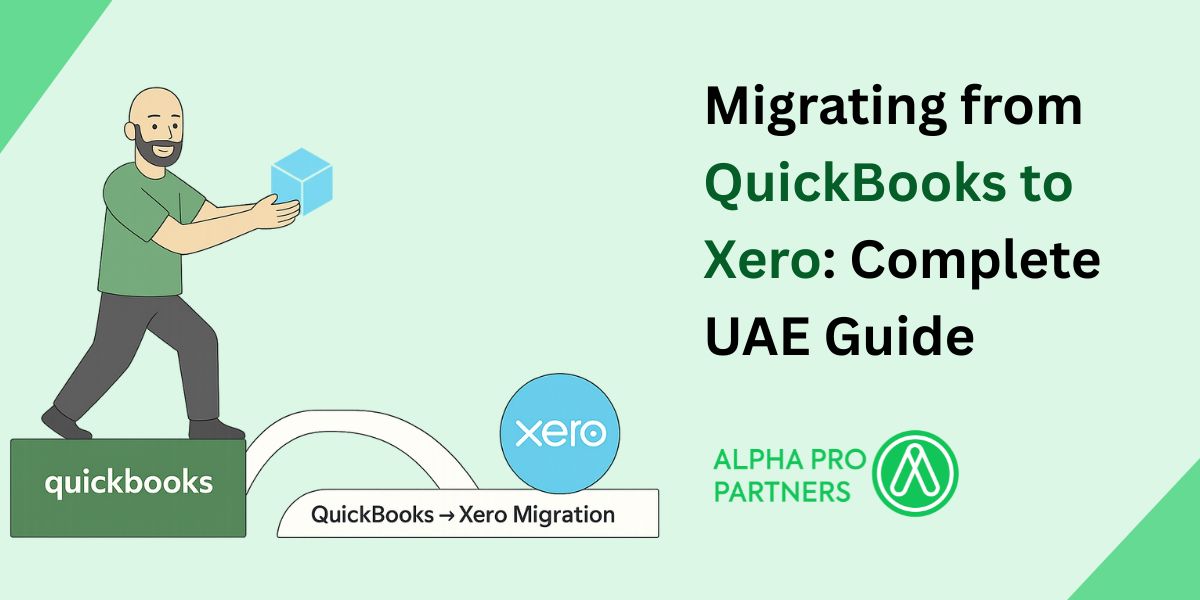UAE Corporate Tax: How the AED 12 Million Interest Deduction Cap Works

Borrowing money is a normal part of running and growing a business. Whether it is to buy equipment, expand operations, or manage cash flow, loans can help keep your plans moving forward. The interest you pay on those loans is often considered a cost of doing business and can be deducted when calculating your UAE Corporate Tax.
But the rules are not without limits. The UAE Corporate Tax law sets a clear cap on the amount of interest you can deduct each year. This ensures the system remains fair and stops businesses from taking on excessive debt simply to reduce their tax bills.
This guide breaks down the interest deduction rules in plain language, explains the AED 12 million threshold, and walks you through what to do if your interest costs go over the limit.
Understanding Interest Deductions
The UAE Corporate Tax framework allows businesses to deduct interest paid on loans taken for genuine business purposes. This helps reduce taxable income and can lower the amount of tax you owe. But to prevent abuse, the law limits how much interest you can claim.
The goal is simple. The rules allow enough room for normal borrowing that supports business activity but stop companies from loading up on unnecessary debt purely to cut taxes.
The AED 12 Million Threshold
For most companies, the interest deduction limit starts with a simple figure. If your net interest cost for the tax year is AED 12 million or less, you can deduct the entire amount without any extra restrictions.
Your net interest cost is calculated as:
Total interest paid during the year minus total interest earned during the year
If this figure is at or below AED 12 million, you can claim it all as a deduction.
Example:
If your business paid AED 10 million in interest and earned AED 1 million in interest from savings or investments, your net interest cost is AED 9 million. Because this is less than AED 12 million, you can deduct the full AED 9 million.
When Interest Costs Exceed AED 12 Million
If your net interest cost goes above AED 12 million, the calculation changes. The law says you can deduct the greater of:
- AED 12 million, or
- 30 percent of your adjusted EBITDA for the year
This ensures businesses with higher profits can still deduct a larger portion of their interest but stops deductions from exceeding reasonable limits.
Calculating Adjusted EBITDA for UAE Corporate Tax
Adjusted EBITDA in this context means your taxable income before interest, taxes, depreciation, and amortisation. The calculation also requires adding back certain adjustments such as net interest costs and any allowed exemptions for older loans or qualifying assets.
Steps to calculate:
1- Start with taxable income.
2- Add back net interest costs.
3- Add back depreciation.
4- Add back amortisation.
5- Make any adjustments required for loans or financial assets from before December 2022.
Once you have your adjusted EBITDA, multiply it by 30 percent. Compare that number to AED 12 million and take the larger figure as your deduction limit.
Example Scenario
Let’s say your net interest cost is AED 15 million and your adjusted EBITDA is AED 50 million.
- 30 percent of AED 50 million is AED 15 million.
- Compare this to AED 12 million.
- You can deduct AED 15 million because it is the larger amount.
If 30 percent of your adjusted EBITDA had been AED 11 million instead, you would still be able to deduct AED 12 million because it is higher.
Who Is Exempt from the Cap
Not all businesses are subject to the interest deduction limit. The cap does not apply to:
- Licensed banks
- Insurance companies
- Natural persons who are not operating through a company
- Loans in place before 9 December 2022, provided they meet the law’s grandfathering rules
- Qualifying infrastructure projects with approved status
Carrying Forward Disallowed Interest
If the cap stops you from claiming all your interest costs in a given year, you can carry forward the unused portion for up to 10 tax years. This means that when your profits are higher in future years, you can use those carried-forward deductions to reduce your tax bill.
Carried-forward interest cannot be transferred to another business or person. It stays with your own company and can only be used in your own tax filings.
Why Compliance Matters
Getting your interest deduction wrong can have serious consequences. Overstating deductions can lead to the Federal Tax Authority reassessing your tax return, removing the excess, and possibly imposing penalties. Understating your deductions means you pay more tax than necessary.
To stay safe:
- Keep all loan contracts.
- Maintain proof of interest payments.
- Document your adjusted EBITDA calculations.
- Retain any correspondence related to grandfathered loans or exempt projects.
Practical Tips for Businesses
1- Track interest monthly so you are not surprised at year-end.
2- Separate business and personal borrowing completely.
3- Document every calculation for adjusted EBITDA.
4- Review your financing strategy to avoid exceeding the cap unnecessarily.
5- Stay informed about changes to Corporate Tax rules that could affect interest deductions.
For expert guidance on interest deduction rules and compliance with UAE Corporate Tax, contact Alpha Pro Partners today. Our team can review your financing structure, ensure accurate calculations, and help you make the most of allowable deductions without risking penalties.
Frequently Asked Questions
Can all business loans generate deductible interest?
Yes, as long as the loan is for a genuine business purpose and falls within the limits set by the law.
Does the cap apply to banks and insurers?
No. These sectors are treated separately under Corporate Tax rules.
What is a grandfathered loan?
A loan entered into before 9 December 2022 that meets specific legal requirements.
How long can I carry forward unused deductions?
Up to 10 years, as long as you have enough taxable income in those years.
Can carried-forward interest be transferred to another business?
No. It can only be used by the same business that incurred it.
What happens if I exceed the deduction cap without realising?
The FTA can reduce your deduction to the allowed limit and may impose a penalty.
Do I need to recalculate adjusted EBITDA each year?
Yes. Your income, expenses, and adjustments can change annually.
Can I deduct interest on personal loans used partly for business?
Only the portion used wholly for business purposes, with clear documentation, can be claimed.
What proof is needed to claim interest deductions?
Loan agreements, payment records, bank statements, and detailed calculation notes.
Why is there a limit on interest deductions?
To maintain fairness in the tax system and prevent businesses from using excessive debt to avoid tax.

.webp)
















.webp)
.webp)


.png)
.png)
.png)
.png)

.png)
.png)



.png)
.png)





.jpg)


.jpg)





.png)
.png)






.png)


